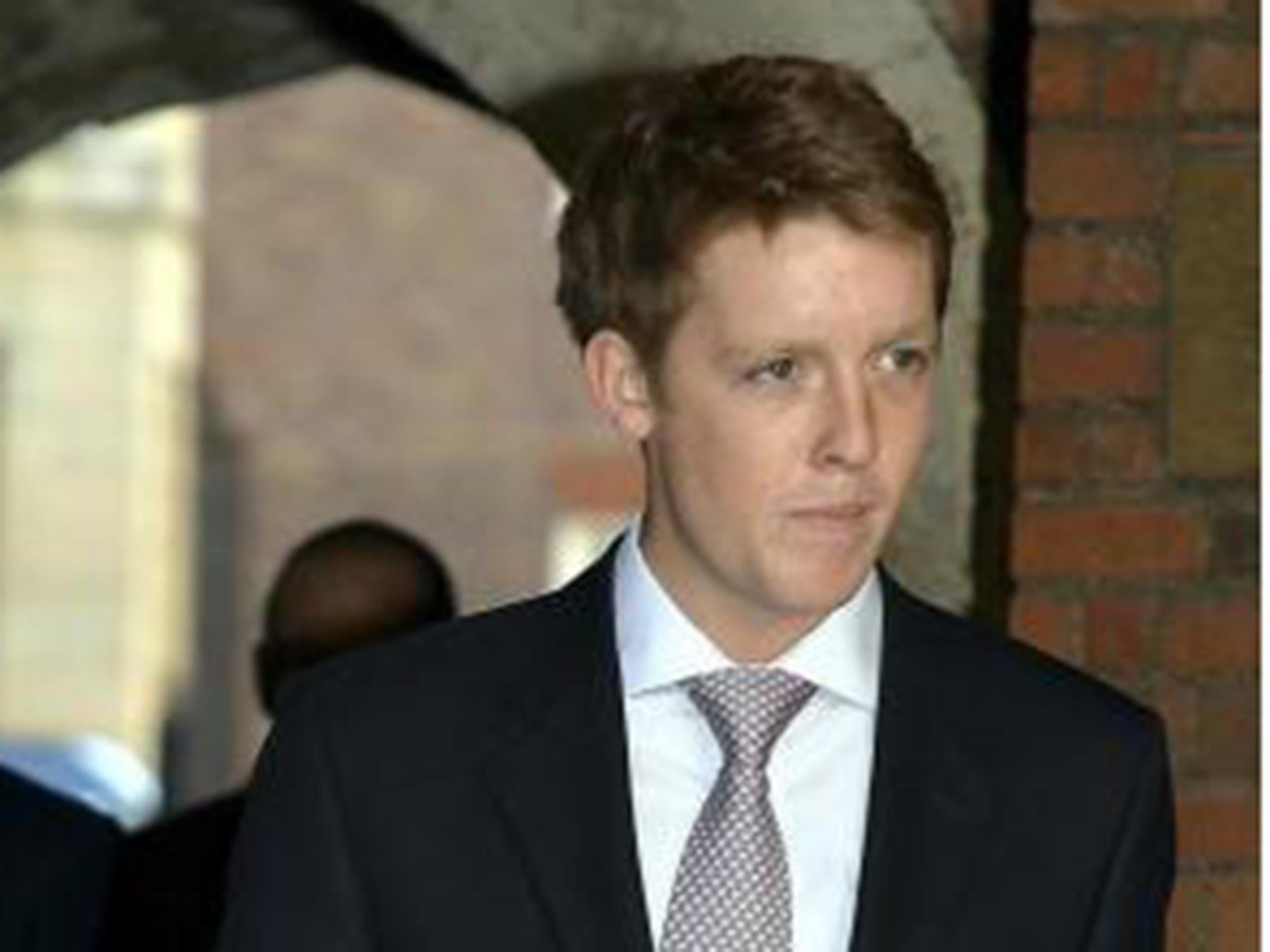Don't worry about the wealth of the Duke of Westminster – worry about the richer foreign property investors above him
New international money overtook the late Duke of Westminster back in 2013, taking him from Britain’s number one wealthiest property magnate to number three. Right at the top of the tree? Wang Jianlin, one of China’s largest real estate developers worth over £10bn who owns One Nine Elms on London’s South Bank

Your support helps us to tell the story
From reproductive rights to climate change to Big Tech, The Independent is on the ground when the story is developing. Whether it's investigating the financials of Elon Musk's pro-Trump PAC or producing our latest documentary, 'The A Word', which shines a light on the American women fighting for reproductive rights, we know how important it is to parse out the facts from the messaging.
At such a critical moment in US history, we need reporters on the ground. Your donation allows us to keep sending journalists to speak to both sides of the story.
The Independent is trusted by Americans across the entire political spectrum. And unlike many other quality news outlets, we choose not to lock Americans out of our reporting and analysis with paywalls. We believe quality journalism should be available to everyone, paid for by those who can afford it.
Your support makes all the difference.Exorbitant and unearned wealth: that’s the only way to describe the fortune of the new Duke of Westminster, who inherited a property empire worth billions overnight this week. Fortunately for him, a web of trusts and tax-avoiding arrangements mean that the British public will be denied the inheritance tax owed to them.
But British aristocrats are only part of the problem. New international money overtook the late Duke of Westminster back in 2013, taking him from Britain’s number one wealthiest property magnate to number four (but back up to number three at the time of his death). Right at the top of the tree are Wang Jianlin, one of China’s largest real estate developers worth over £10bn who owns One Nine Elms on London’s South Bank, and Henry Cheng Kar-Shun, who agreed a £480m deal to regenerate land in Greenwich and financed the upmarket development The Knightsbridge.
This reflects a broader trend, of course; we know that UK (and particularly London) property has become a very attractive lucrative prospect for investors, despite recent wobbles. Overseas investors in particular are following a trend established by decades of bad housing policy and free market economics.
There are numerous reports, policies and opinions – on both the left and right of the political spectrum – which shout loudly about how we should or can control who gets to buy what in the UK. Stripping away some of the more xenophobic and nativist rhetoric out there, there is a consensus that overseas investment is an issue. Developments backed by billionaire investors have not traditionally met local housing needs, preferring to fund or buy high-end property. Developments at the Heygate Estate, Earl’s Court, and Battersea Power station have all put luxury housing ahead of need.
The problem is that the London property market has become a global store of wealth. The stack of new ghost homes, bought and left empty, is emblematic of this. For professionals living in newer fast-growing economies, it represents a good and safe return on investment – far better than a pension. Many people in the UK have come to the same conclusion and dumped their pensions into property inside and outside of London, widening the divide between rich and poor.
For the global super-rich, it’s an opportunity to make said exorbitant and unearned wealth, using our leaky tax system to channel the money out of the public pocket.
So what could we do to break the grip of the billionaires? Some on the right have suggested adopting Australia’s system, wherein all overseas investors apply to the friendly-sounding ‘Foreign Investment Review Board’ and are restricted to new-builds so they are adding homes to the stock rather than trading in existing housing.
Labour’s Sadiq Khan advocates councils being able to ring-fence a proportion of developments for locals. But it’s difficult to see how councils could do this in practice – they already struggle to get developers to meet the minimum number of affordable and social homes. The UK has already ramped up capital gains tax from 18 per cent to 28 per cent on sales by overseas owners in the hope of cooling the market, and Greens advocate a Land Value Tax – something that will depend on the ability of investors to find ways to avoid or minimise tax. But will we see the overseas investor’s stranglehold loosened in London any time soon? When their wealth eclipses that of one of our most prominent aristocrats, it’s hard to believe they’d ever be put off.
Samir Jeraj is a freelance journalist and author of The Rent Trap: How We Fell Into it and How We Get Out of It
Join our commenting forum
Join thought-provoking conversations, follow other Independent readers and see their replies
Comments